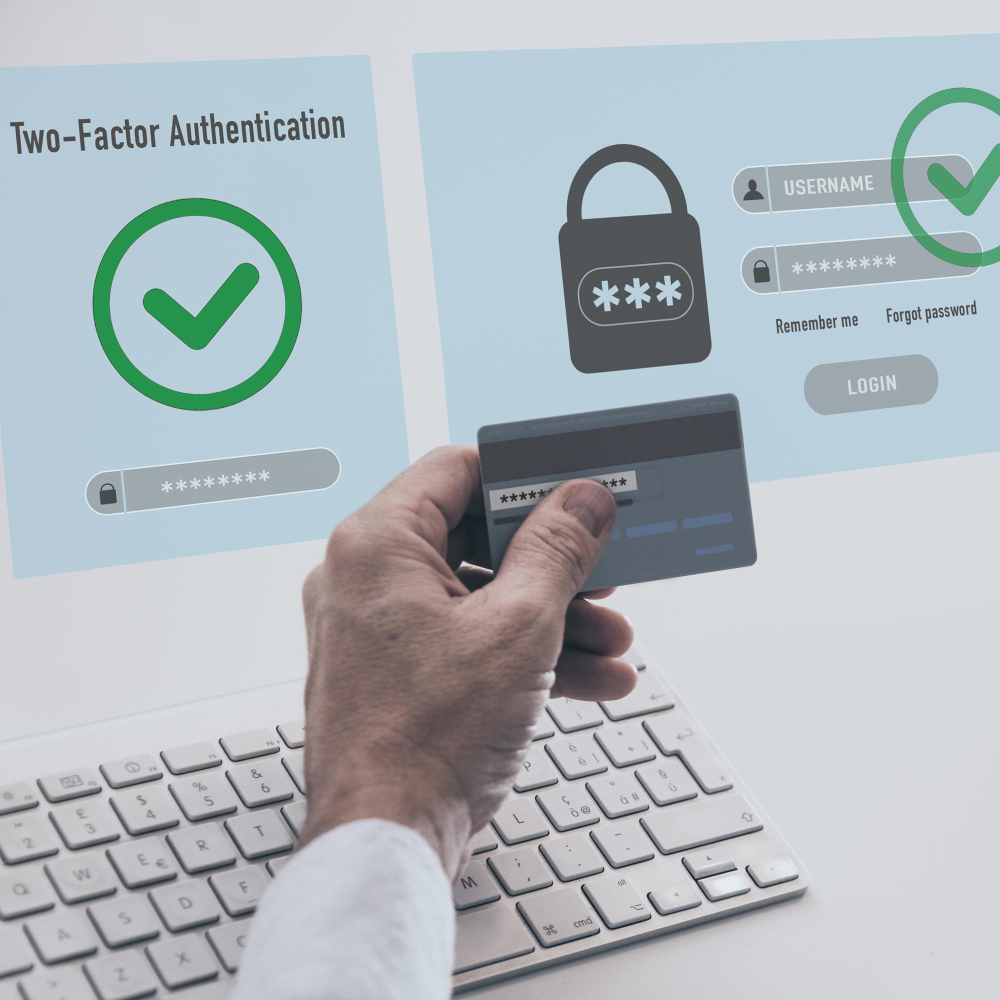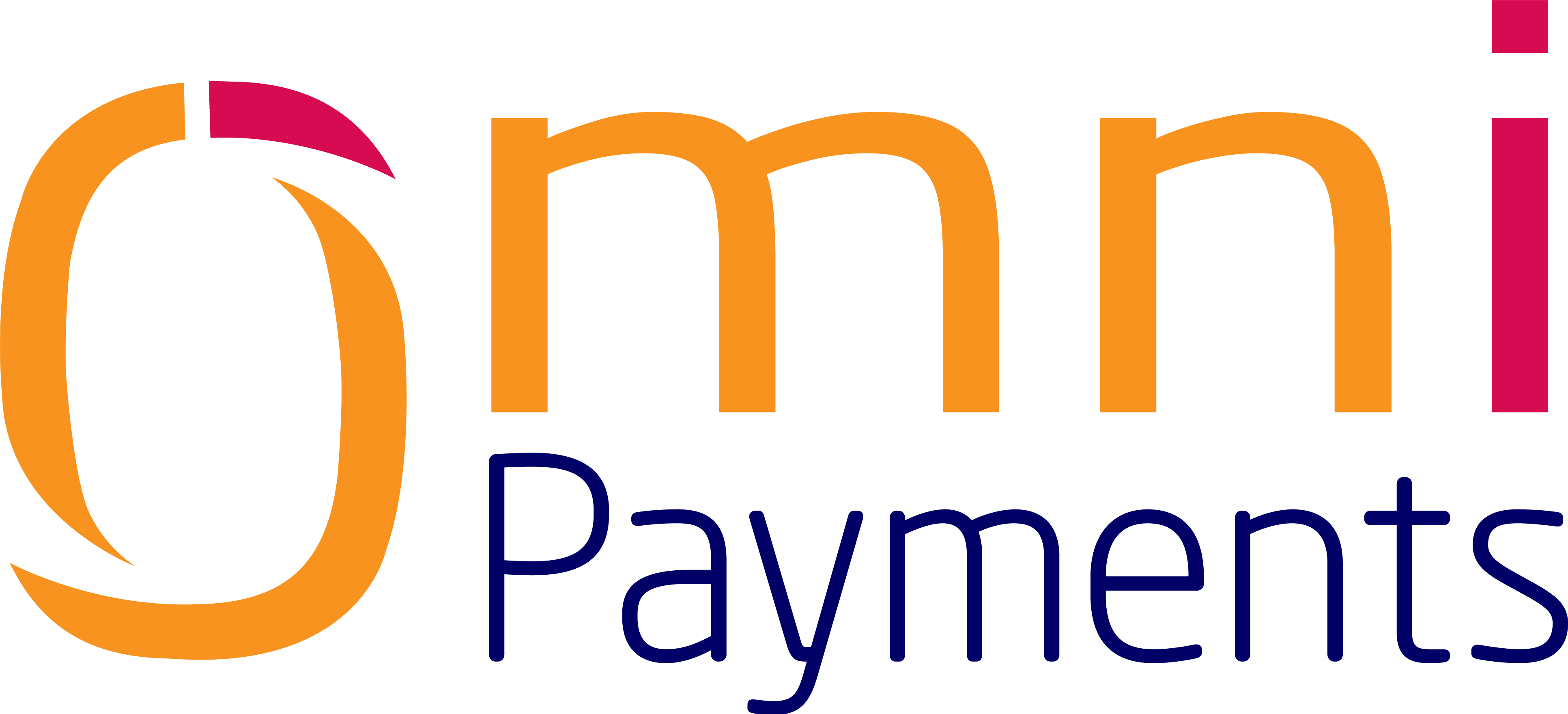Introduction
With data breaches intensifying, the reputational and financial losses of the organizations which have not complied with the PCI-DSS, have become a primary issue. In 2024, an average data breach cost equated to $4.88 million, and industries who failed to meet compliance requirements many incurred extra financial penalties, even the potential loss of business. For any organization that processes payment data, PCI-DSS is mandatory—not just by the law but by choice to instil credibility with consumers in safe handling of their data. This article will discuss ways to navigating PCI-DSS compliance for secure payment processing in 2024.
Understanding PCI-DSS Compliance Requirements
Through developing the Payment Card Industry Data Security Standard (PCI-DSS), PCI Security Standards Council wanted to ensure all the organizations that process card payments meet certain levels of security. 12 fundamental norms are designed to guard against cardholder information at each stage of a transaction. With the release of PCI-DSS 4.0, businesses in 2024 are expected to adopt updated practices, including:
- Enhanced Authentication: System access controls implemented to include card data, such as access with multi-factor authentication.
- Risk-Based Controls: Asymmetric approaches to appraise and mitigate particular risks, helping adjust the company’s security features to various dangers that it may encounter.
- Continuous Monitoring: Both real-time logging and monitoring increasingly emphasized to immediately notice security invasion and address it.
Each of the proposed requirement is a framework to provide a full-spectrum data security, starting with the network level and ending with strict encryption standards.
The Challenges of PCI-DSS Compliance
For many businesses, PCI-DSS compliance poses ongoing challenges:
Evolving Security Threats
Businesses need to unlock new levels of cryptographic defense as the nature of cyber threats becomes more sophisticated. PCI-DSS 4.0 deals with these requirements but at the same time insists that entities have to monitor new threats.
Technology Integration
The implementation of PCI compliant solutions in other systems presents challenges, especially when the organization is using old systems. For businesses, it is more rational to employ modern and scalable solutions offered by companies like OmniPayments. This can help keep the processes clear and guarantee the security of transactions at all the channels.
Resource Allocation
It is pertinent to note that PCI-DSS compliance means investing a lot of money, effort and talented workforce in enabling systems. That is why, the decision can often be made in between an in-house staff or with effective payment processors and compliance.
Data Encryption and Storage
PCI-DSS clearly requires strong protection and encryption of the cardholder data at storage and during transit. This is the area prone to poor management. Thus, compliance requires constant vigilance and strict compliance with the required encryption standards.
Best Practices for PCI-DSS Compliance
To ensure PCI-DSS compliance, organizations should incorporate the following practices:
Implement Comprehensive Layered Security
Incorporate encryption, tokenization, and secure access controls to protect cardholder data throughout its lifecycle. PCI-DSS requires encryption both at rest and in transit, and as such, solutions with tokenization modules simplify compliance efforts.
Conduct Regular Security Audits
Routine internal and third-party audits help identify vulnerabilities before they become breaches. Businesses should utilize PCI-approved scanning vendors to detect and address security gaps.
Automate Compliance Processes
Automating security monitoring and reporting through integrated dashboards, such as OmniPayments’ OmniDash, can streamline compliance by providing real-time visibility of transaction data and potential security threats. Automation helps maintain consistent adherence to PCI-DSS standards.
Employee Training
Educate employees about PCI-DSS requirements and safe handling of payment data. Well-trained staff are less likely to introduce risks and more likely to detect suspicious activity quickly.
Engage with PCI-Compliant Payment Providers
Working with a compliant payment processor like OmniPayments not only ensures transaction security but provides access to advanced fraud prevention and encryption capabilities. By integrating compliance-focused solutions, companies reduce the compliance burden on internal teams.
Staying Ahead of PCI-DSS Compliance with OmniPayments
In a landscape where data security concerns are at an all-time high, navigating PCI-DSS compliance is a complex, ongoing journey, and OmniPayments is uniquely positioned to help businesses streamline the process. As a PCI-DSS-certified payment processor, OmniPayments offers end-to-end solutions, including real-time fraud detection, encrypted data storage, and scalable modules that adapt to the evolving needs of modern businesses. Their platform, built on a foundation of flexibility and resilience, ensures compliance while providing a seamless experience for customers and reducing operational strain on in-house teams. Book a call with us to learn more about our offerings.






